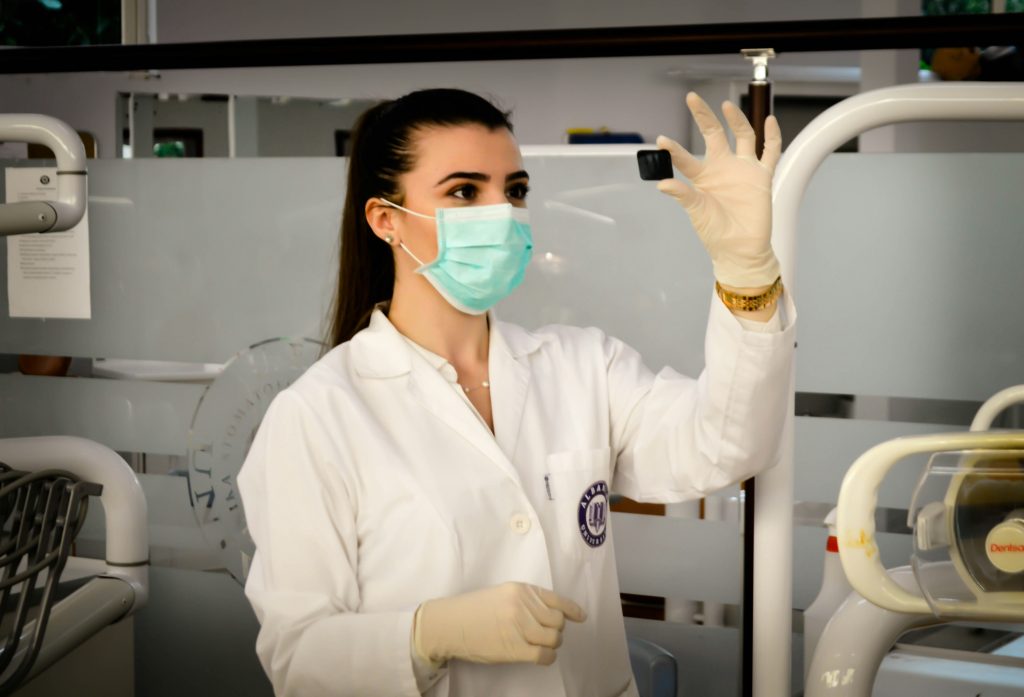Healthtech, short for healthcare technology, represents the intersection of healthcare and cutting-edge technology. This rapidly evolving field is transforming the way we approach health, wellness, and medical care. By leveraging digital innovations, healthtech aims to improve patient outcomes, streamline healthcare delivery, and make medical services more accessible and efficient. Let’s explore what healthtech encompasses and the numerous benefits it brings to patients, healthcare providers, and society as a whole.
Defining Healthtech

Healthtech refers to the use of technologies such as artificial intelligence, the Internet of Things (IoT), blockchain, and mobile applications to address healthcare challenges and improve the overall quality of care. It encompasses a wide range of applications, from electronic health records and telemedicine platforms to wearable devices and AI-powered diagnostic tools.
Key Components of Healthtech
Digital Health Platforms These include patient portals, mobile health apps, and telehealth services that allow patients to access healthcare services remotely and manage their health information more effectively.
Wearable Devices and IoT Fitness trackers, smartwatches, and other IoT devices that monitor vital signs and activity levels, providing real-time health data to both patients and healthcare providers.
Artificial Intelligence and Machine Learning AI algorithms that can analyze medical images, predict disease outcomes, and assist in treatment planning, enhancing the accuracy and speed of medical decision-making.
Electronic Health Records (EHRs) Digital versions of patient health histories that improve data accessibility, reduce errors, and facilitate better coordination among healthcare providers.
Benefits of Healthtech
Improved Patient Care
Healthtech enables more personalized and precise medical care. AI-driven diagnostic tools can detect diseases earlier and with greater accuracy, while personalized treatment plans based on genetic profiles and real-time health data can lead to better outcomes. Wearable devices allow for continuous monitoring of chronic conditions, enabling timely interventions and reducing hospital readmissions.
Enhanced Accessibility
Telemedicine and mobile health apps have made healthcare more accessible, especially for people in remote areas or those with mobility issues. Patients can consult with healthcare providers, receive diagnoses, and even get prescriptions without leaving their homes, breaking down geographical barriers to quality care.
Increased Efficiency
Digital health solutions streamline administrative tasks, reduce paperwork, and automate routine processes. This allows healthcare providers to spend more time on patient care and less on bureaucratic tasks. AI-powered systems can quickly analyze vast amounts of medical data, assisting in faster and more accurate diagnoses.
Cost Reduction
By improving efficiency and enabling preventive care, healthtech can significantly reduce healthcare costs. Remote monitoring and telehealth services can decrease the need for in-person visits, while AI-driven diagnostics can reduce unnecessary tests and procedures.
Empowered Patients
Healthtech puts more health information and tools directly into patients’ hands. Mobile apps and wearable devices allow individuals to track their health metrics, set wellness goals, and take a more active role in managing their health. This increased engagement can lead to better health outcomes and lifestyle choices.
Advanced Medical Research
AI and machine learning are accelerating medical research and drug discovery. These technologies can analyze complex biological data, identify potential drug candidates, and even predict the outcomes of clinical trials, potentially bringing new treatments to market faster and at lower costs.
Improved Data Management and Security
Blockchain technology and advanced encryption methods are enhancing the security and interoperability of health data. This allows for safer sharing of medical information among authorized parties while giving patients more control over their health data.
Challenges and Future Outlook
While healthtech offers numerous benefits, it also faces challenges such as data privacy concerns, the need for regulatory adaptation, and ensuring equitable access to technology. Additionally, there’s a ongoing need to validate the effectiveness and safety of new healthtech solutions.
Despite these challenges, the future of healthtech looks promising. As technology continues to advance, we can expect to see even more innovative solutions that will further transform healthcare. From AI-powered predictive health models to gene editing therapies, healthtech will continue to push the boundaries of what’s possible in medicine.
Conclusion
Healthtech is more than just a buzzword; it’s a fundamental shift in how we approach health and healthcare. By harnessing the power of technology, healthtech is making healthcare more personalized, accessible, and efficient. As this field continues to evolve, it has the potential to dramatically improve health outcomes, reduce healthcare costs, and empower individuals to take control of their health in ways never before possible. While challenges remain, the benefits of healthtech make it clear that this digital health revolution is here to stay, promising a future where quality healthcare is more accessible and effective for all.


